And it really helps if you have had the experience of rejecting doctrinaire Marxism and thus developing a deeper appreciation for capitalism. I theorize that this is why Jim Cramer has had such good instincts about this crisis. He was a red for a while back in his college days, I understand. And of course George Soros - another devout capitalist schooled, if unwillingly, in Marxism - has done really, really well.
Meanwhile his old partner Jim Rogers is floundering. High-powered investment bankers - like Henry Paulson - are confused. America's greatest living expert on deflationary crises - Ben Bernanke - has been slow to react after making an entire academic career around the observation that people in government - in his very position - were too slow to react in the 1930's. But European leaders - schooled in socialism, whether right wing or left - are acting with increasing clarity. Meanwhile high-powered people who have gotten so many things right - like Brad Setser, Nouriel Roubini and even Warren Buffett - seem increasingly baffled.
What they seem almost unable to really understand is simply this:

...and why it's happening.
That is a chart of the Dollar Index - a measure of the value of the U.S. dollar against major currencies. During this period, the U.S. government and now other governments have been pouring an supply of dollars and dollar credit onto the market that is not just unprecedented, but previously unimaginable. And these governments are doing nothing but announcing plans to keep on providing dollars as fast as they can for the foreseeable future. And during this period, the value of the dollar is going up - fast.
The law of supply and demand seems broken when it comes to the U.S. dollar. They supply and the world just keeps demanding.
I think the misunderstanding is based on some fundamental misconceptions, but who am I to explain things to the smart set? Let them figure it out for themselves, the big show-offs. I'm just going to predict that it's going to keep happening for a while and that is going to be really scary and bad. At the same time, the dynamic is forcing us to re-think the structure of our financial system and put some solid government backing behind it, which is a good thing. I think most of the major traded commodities and currencies are probably going to fall versus the dollar for quite a little while. Maybe even the renminbi will fall, although that is a currency highly subject to government intervention. Maybe even the yen will fall, although that is the currency of arguably the most-productive nation - person for person - in the history of the world. And, yes, maybe even gold will fall, although panic-buying gives gold the potential for incredible volatility, as we've seen. If you're not looking at the system from outside the system - questioning some of the common assumptions - I just don't think you could even be expected to see this coming.
Brad Setser has a wonderfully informative article about the "End Of Bretton Woods 2." on his blog. It's very good, although I'm not sure it explains why we've seen the reverse of some of his most important predictions. But in economics the same dynamic can have effects that seem the opposite of each other, particularly if they involve foreign exchange. He did get the timing of his crisis call very right. Nouriel Roubini did also and Roubini doesn't really need to get mechanisms quite right. He observes so many things about the world that he's incredibly informative and flexible. And Warren Buffett? I dunno, maybe his call on stocks isn't so bad, although I'm not sure his predictions of record profits in 5 years for some American corporations is necessarily all that meaningful if the majority are in the soup. Certainly unprecedented volatility looks like something we're going to have to get used to and people don't usually like having so much of their principal at risk.The point is that even people who saw a lot of risk in the American economy have consistently misidentified the likely results or come to make predictions that seem to ignore obvious risk.
To me, what looks clear about the world looks very clear and it's a strange experience. Every morning I wake up expecting everything to reverse course, but it doesn't. I'm usually terrible at making specific calls on markets and now even my call on gold doesn't seem so bad. Even the yen looks like it might be turning. That's pretty wild.
I hope I'm not right. I hope I'm really not seeing something important. Although the future does ultimately look bright to me, it's going to be pretty scary and people will be hurt. What can you do, other than...
...live in interesting times


No comments:
Post a Comment